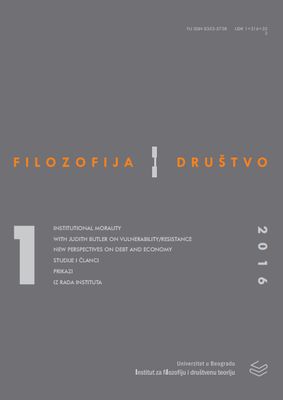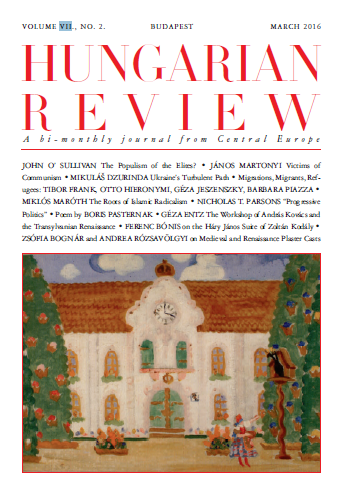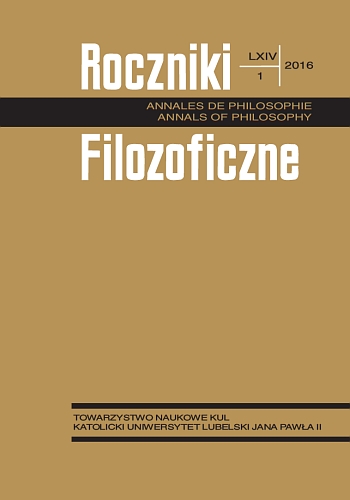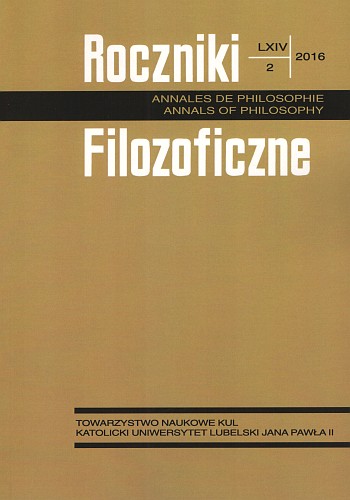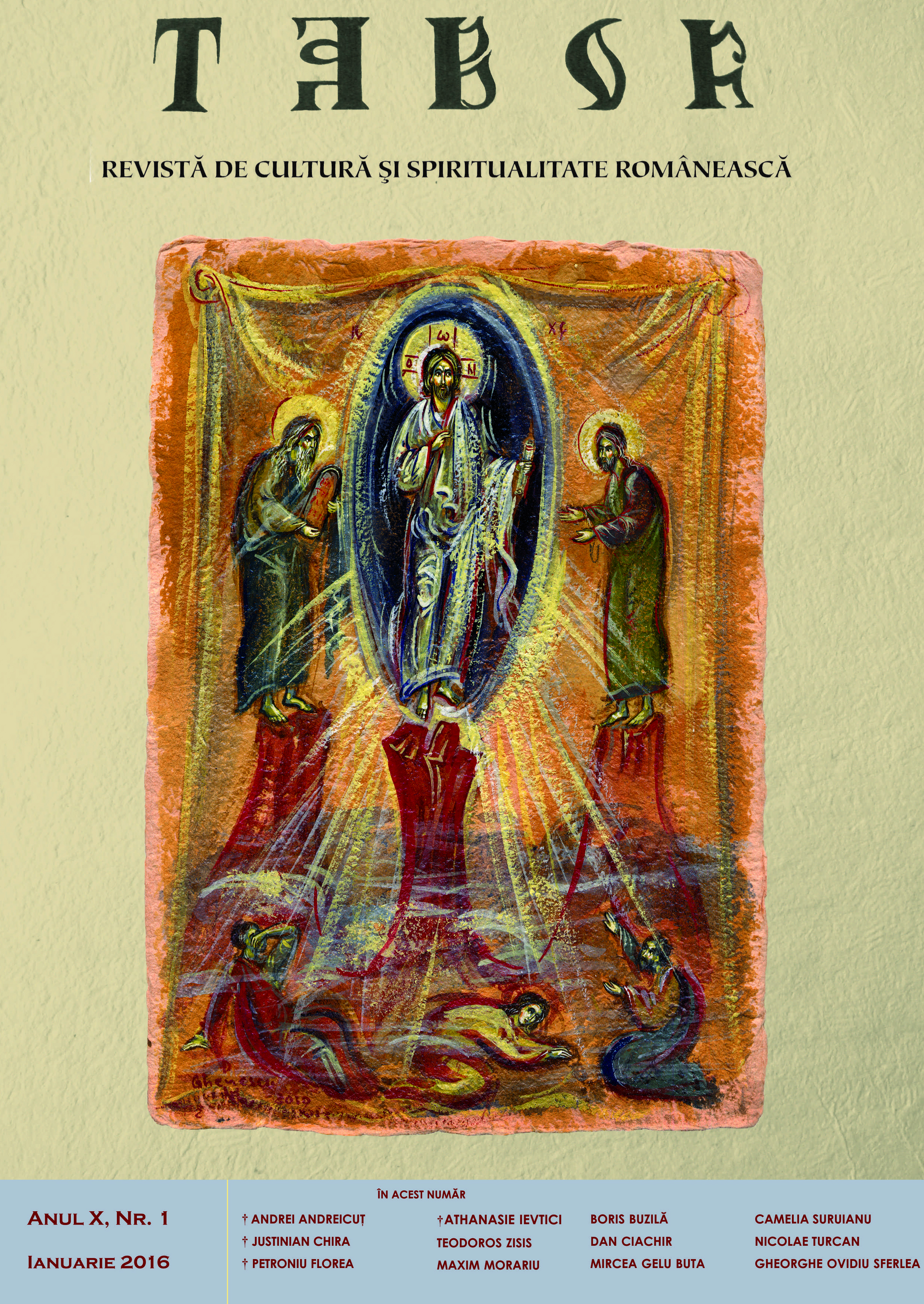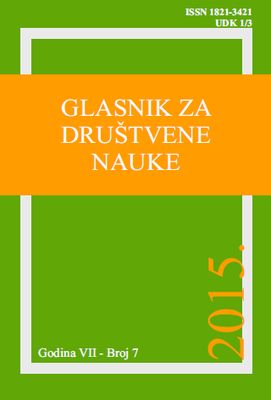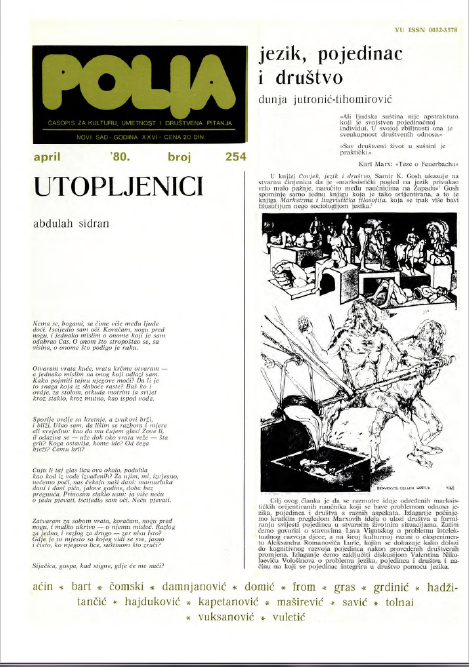Author(s): Codruța Liana Cuceu / Language(s): Romanian
Issue: 13/2015
If the notion of improvement of the human nature and capacities has pervaded almost all the stages of human history and education has proved to be, until now, one of the most efficient and less risky means for achieving the betterment of individuals, in the last decade, the idea of human enhancement through biomedical means became one of the most debated themes within the field of contemporary applied philosophy and ethics. The idea of enhancement regards interventions upon various capacities of human individuals, thus targeting either the life extension, or enhancement of physical traits, mood states, cognitive and moral capacities. However, because of the complexity of human moral psychology and because of the insufficient scientific data concerning the neuro-scientific basis of the moral capacities of individuals, their enhancement through biomedical intervention is not yet available and, probably, neither will it become available in the near future. Within this study, we will try to argue that the entire contemporary debate focused on the moral bio-enhancement aims at testing the strength of the arguments formulated against it, with the opposite purpose of finding solid grounds which could sustain it and, which could, then, advertise for moral bio-enhancement as a good or as a service offered to the people of the future societies. The moral enhancement through bio-medical means implies a change at the level of each person’s moral motivations that leads, thereafter, to an improved level of morality in her/his actions and decisions. By analyzing the nature and the possibility of human enhancement in general, as well as the meaning of moral enhancement through biomedical means, within this study, we will thoroughly discuss the arguments that either support, or reject the permissibility of moral enhancement relating them to questions regarding its possibility.
More...


